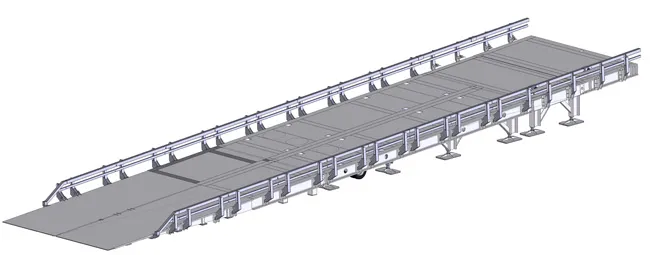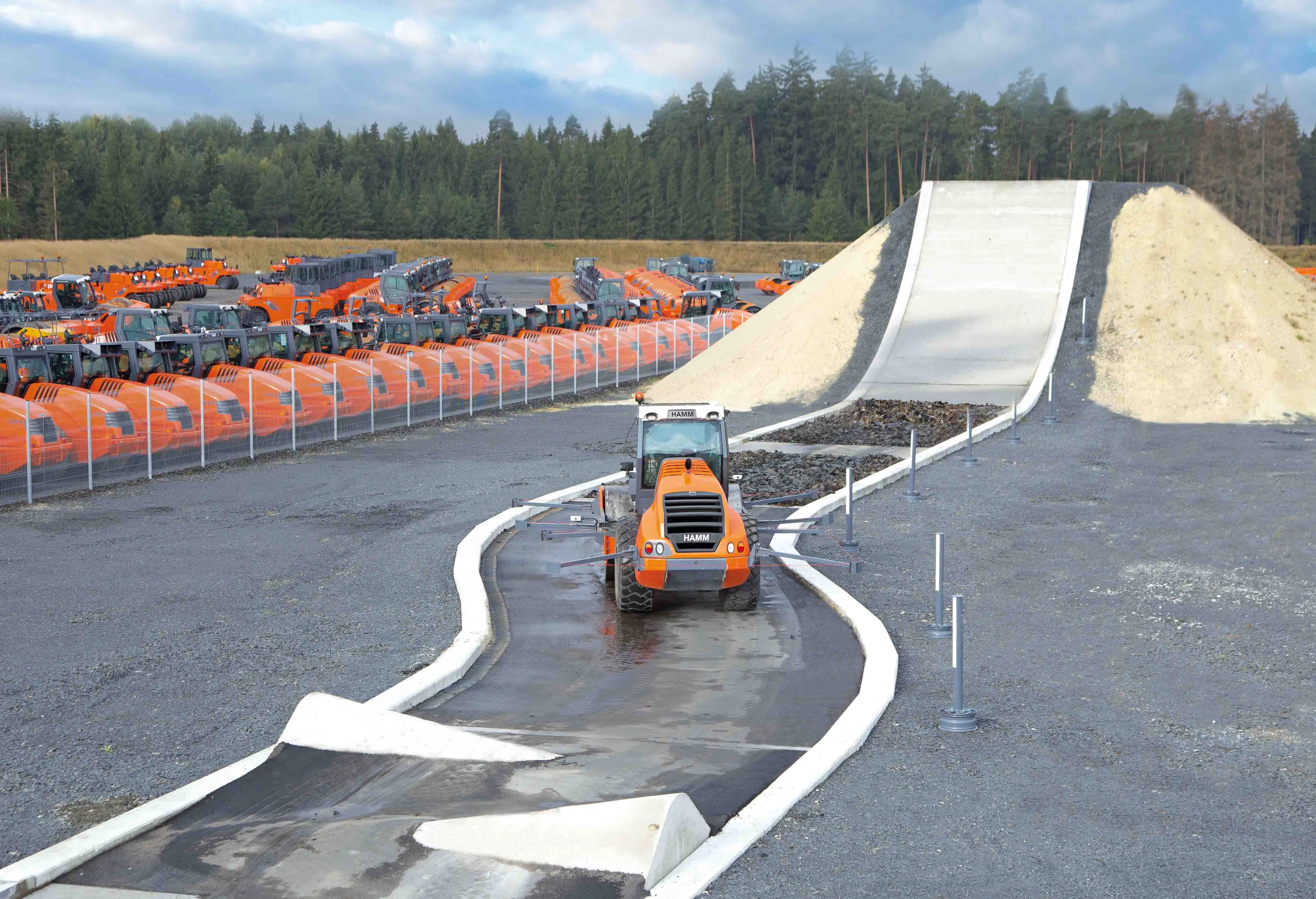A person who spends 30 minutes a day driving to get into Brussels loses four days, or 101 hours-a -year in traffic jams, according to the 2012 Congestion Index compiled by TomTom. During rush hour a journey by car is said to take almost a third - 31.8% - longer than normal. Roads are busier in the evening rush hour than the day time rush hour.
April 12, 2013
Read time: 1 min
A person who spends 30 minutes a day driving to get into Brussels loses four days, or 101 hours-a -year in traffic jams, according to the 2012 Congestion Index compiled by 3972 TomTom. During rush hour a journey by car is said to take almost a third - 31.8% - longer than normal. Roads are busier in the evening rush hour than the day time rush hour.








